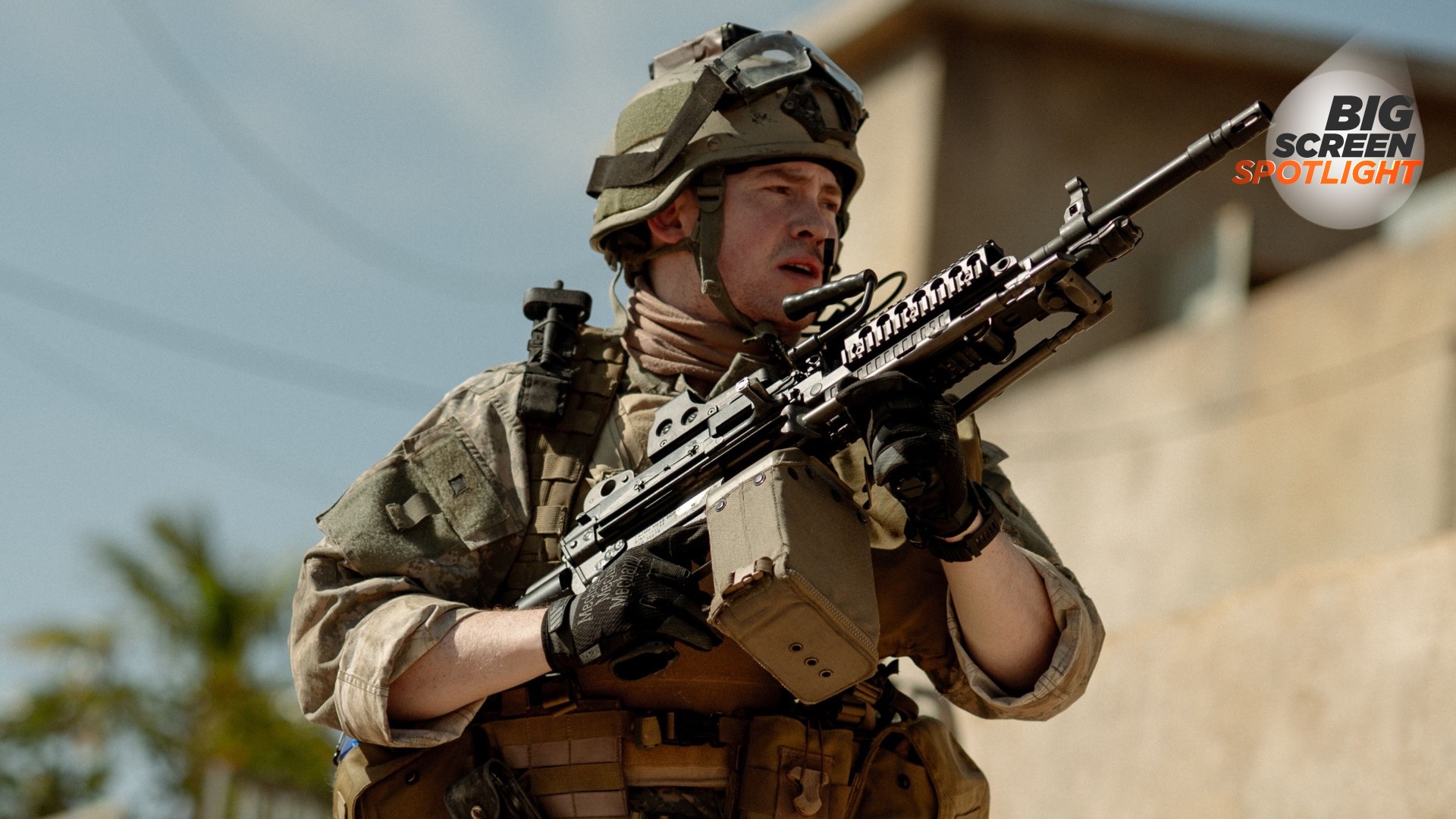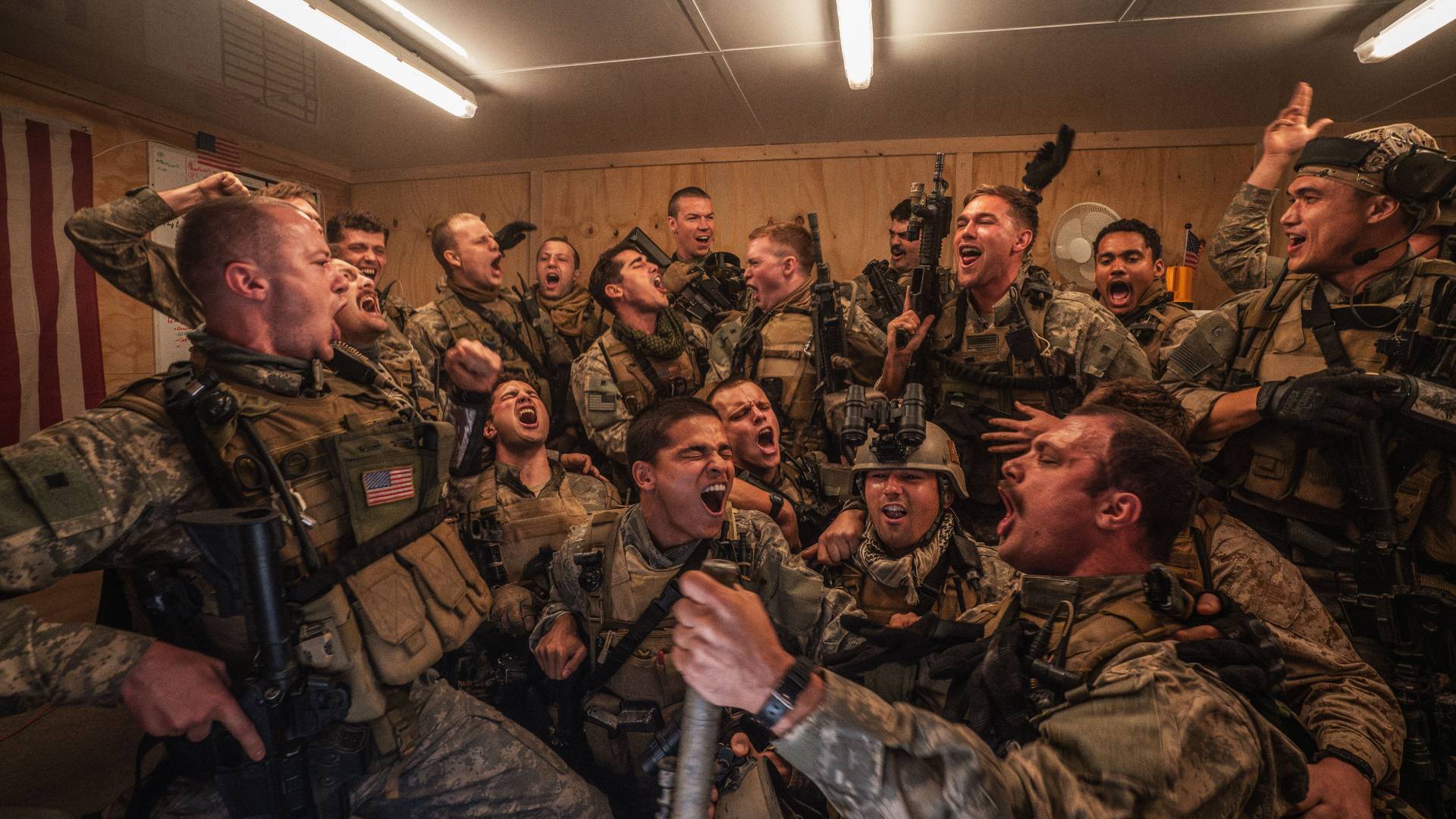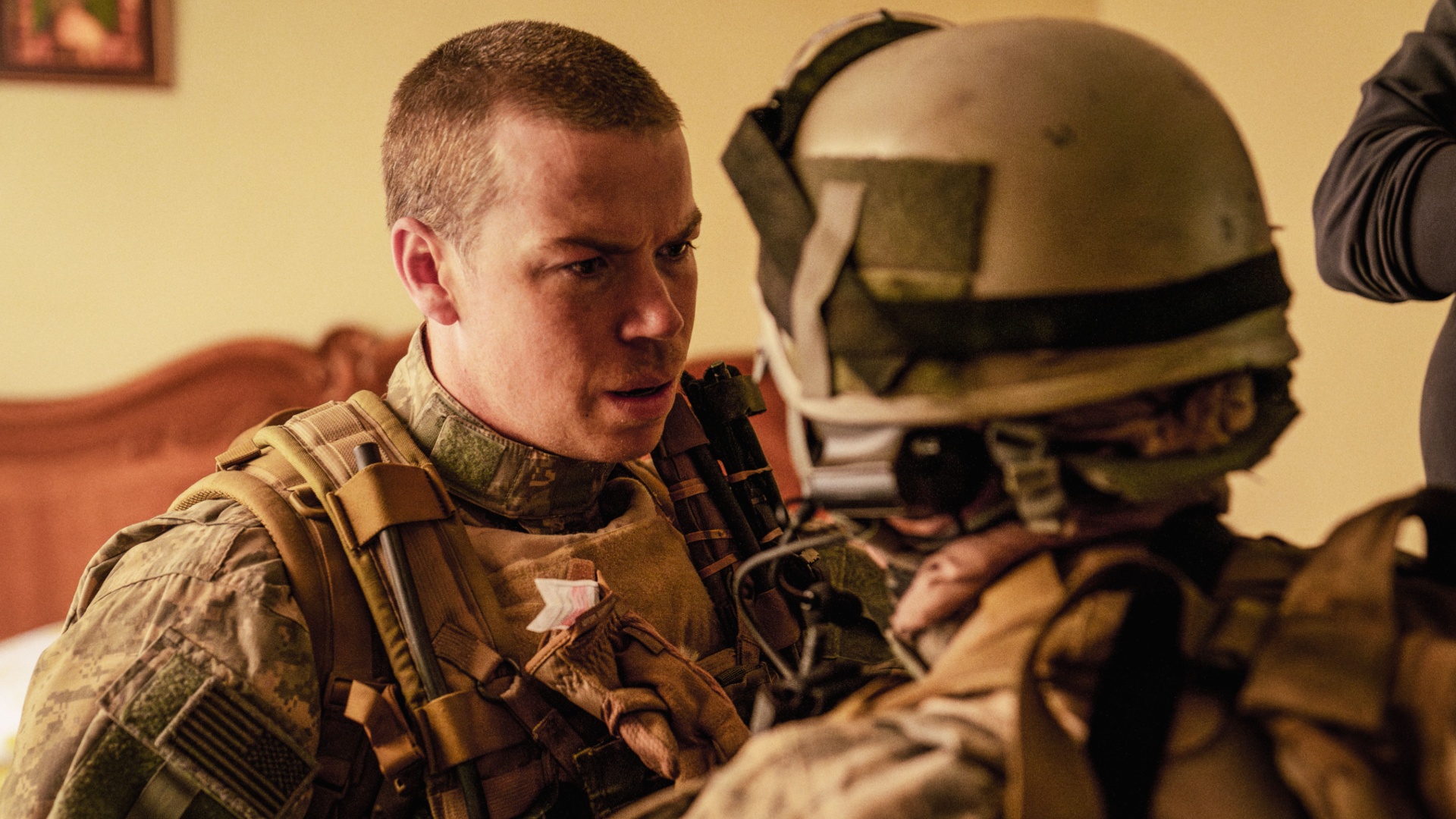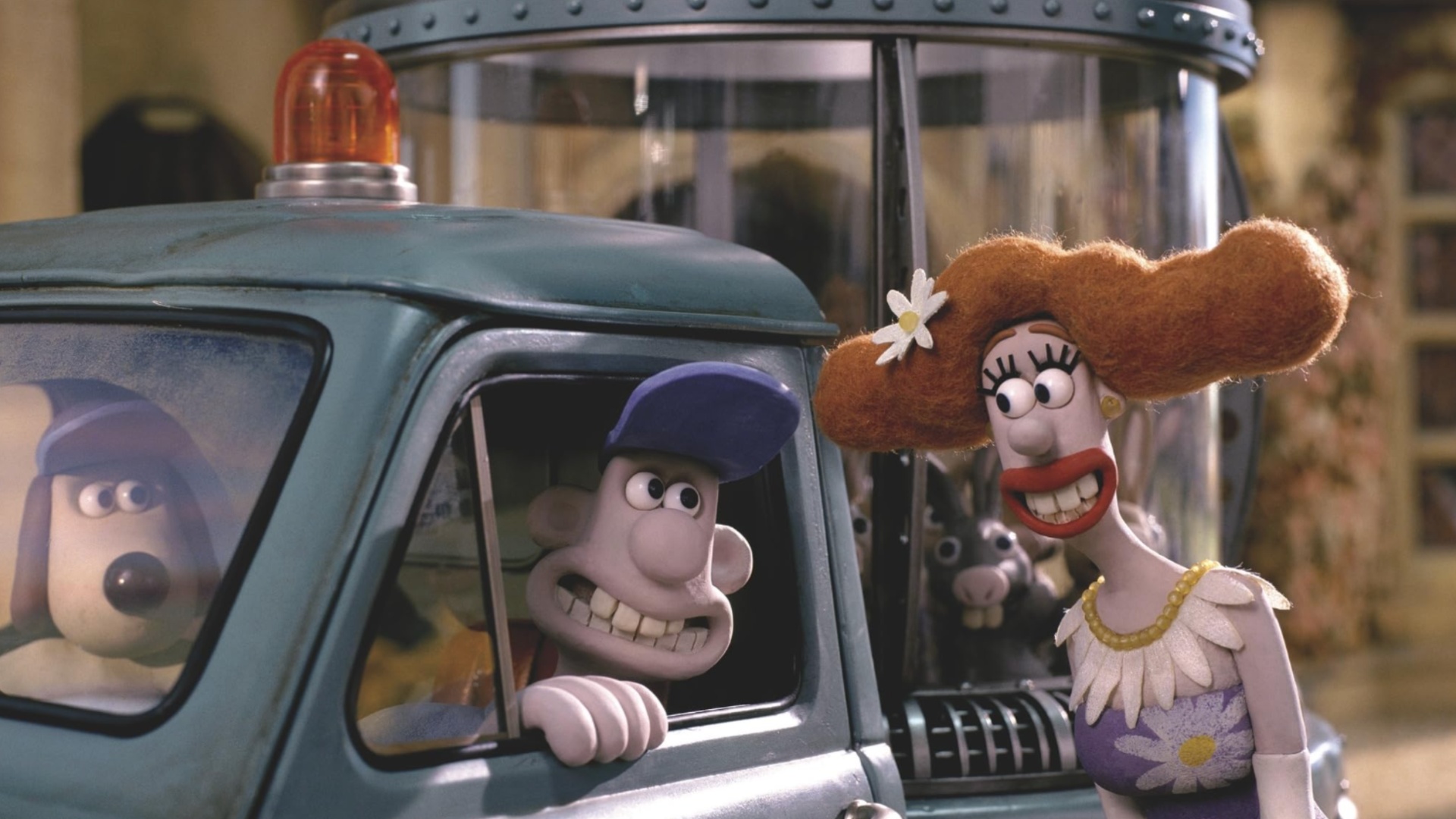
In new A24 movie Warfare, the line is blurred between fact and fiction, although this may not be intentional. What the film does intend to do, however, is provide a hyper-realistic depiction of life on the frontline, based on co-writer and co-director Ray Mendoza's experience as a Navy SEAL in the Iraq War. He's collaborated with Ex Machina's Alex Garland (who he previously worked with as a military supervisor on Garland's 2024 movie Civil War) to recreate a real-life surveillance mission carried out by Mendoza's platoon in the Iraqi village of Ramadi in November 2006.
Reservation Dogs star D'Pharaoh Woon-A-Tai plays Mendoza, the platoon's communicator, and the ensemble cast also includes The Bear's Will Poulter, Fantastic Four's Joseph Quinn, Heartstopper's Kit Connor, Shogun's Cosmo Jarvis, May December's Charles Melton, and Daredevil: Born Again's Michael Gandolfini.
Memory or truth?

"The goal was total fidelity," Garland said in an interview with RogerEbert.com, but "fidelity" isn't necessarily something that's easy to define here. The source material for the film is essentially an oral history, and the movie even opens with the words, "This film uses only their memories."
This is followed by a cut to the men watching the music video for Eric Prydz's 'Call on Me', an exercise to get them hyped up for the ensuing mission. It's a moment of joyful camaraderie, made (perhaps unintentionally) chilling by another cut to the silent streets of Ramadi after dark as the platoon chooses a house for their stakeout, rounding up the young family who lives there and holding them prisoner in a bedroom. The film then picks up the following day, and from that point onwards we follow the story in real time.
Shining a light on the under-the-radar theatrical releases that you need to know about, with a new article every Friday
Things really go south for the platoon in the last third of the movie, but that means that until then there's a lot of waiting around, and Warfare captures the mundanity of military activity in a way that most war movies don't. The real-time aspect of the film also means there isn't much space in the tight 95-minute runtime for establishing character or existing relationships, other than the movie's first two sequences. It's an interesting choice for a film that is, ultimately, a work of fiction: it's a narrative movie with characters, not a factual documentary.
However, Jarvis, who plays lead sniper Elliott Miller (to whom the movie is dedicated), described himself and his co-stars as "technicians" rather than "artists" during a pre-screening Q&A in London, referring to the. It's an unusual self-descriptor for an actor and, again, blurs the line between fact and fiction in the film. Are Jarvis and co. acting or recreating? Is there a difference? And does it matter?
No winners

"[Warfare] isn’t meant to fit into some political box. There’s not a lot of narrative for a reason: it’s for you to fill in the blanks," Mendoza said in an interview with the Guardian, while Garland told the audience at the movie's UK premiere that the film has a "neutral" approach. But can a movie about war ever be truly neutral? Conflict, by definition, has two sides, and any fictional depiction of it will struggle not to fall on one or the other. Accurately depicting real-life events doesn't automatically make a recreation unbiased, especially when those events are based on subjective memories.

As established in the movie's opening frame, this film is an exercise in memory. That means it's brutal, harrowing, bloody – but not necessarily neutral. It's a noble mission statement for a film, but one that seems impossible to live up to by the nature of its medium.
With no score, earth-shattering sound design, and close-ups on gory wounds, it certainly achieves its goal of realism, though: watching Warfare in IMAX almost feels like a 4D viewing experience. Like Garland's previous movie, the Kirsten Dunst-led Civil War, Warfare wants its audience to know that there are no winners in wartime.
Warfare is out now. For more on what to watch, check out the rest of our Big Screen Spotlight series.







